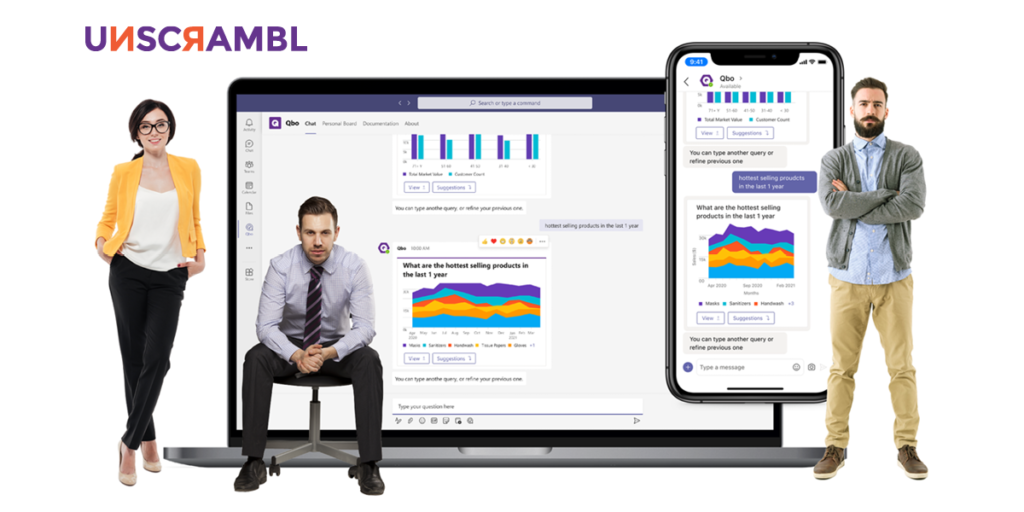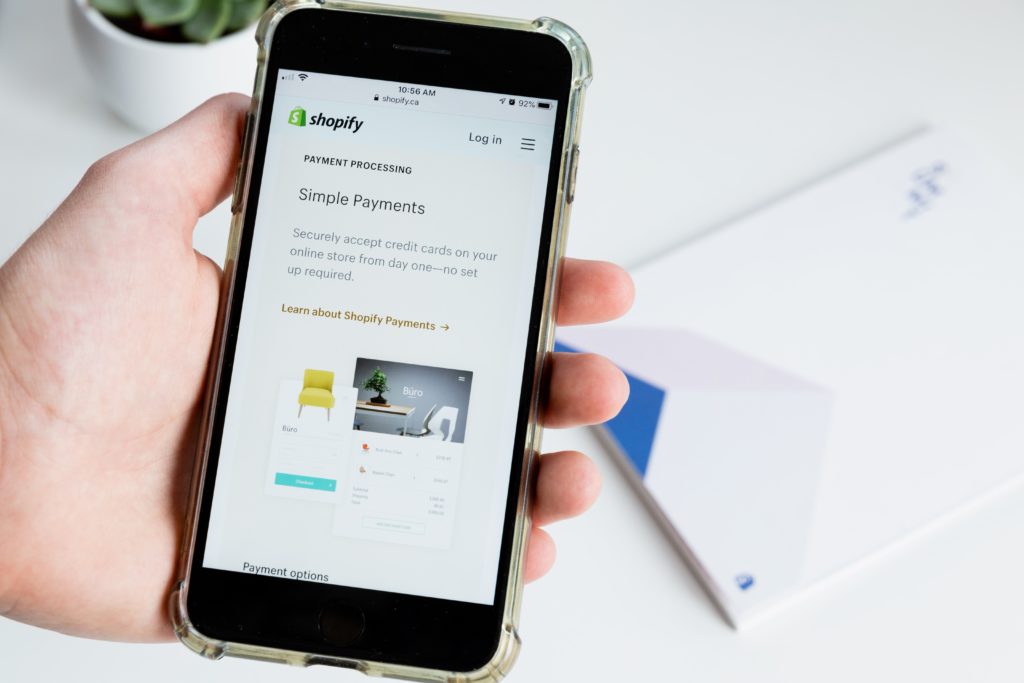 5 Minutes
5 Minutes

Why is data democratization critical for truly data-driven organizations?
For many companies, a ‘data-driven organization’ is an impressive buzzword that sits nicely with their corporate marketing and positioning as a progressive organization. The truly data-driven organizations, on the other hand, take it literally: data leads their decision-making, rather than being used to validate decisions retrospectively. This philosophy is all-pervasive, across every aspect of their business. They use data to be effective and efficient i.e. they rely on data to do the right things and do them right.
It is also being seen that no organization can become truly data-driven without data democratization, an idea that is quite simple to understand but has proven far more difficult to practice. Distilled to its core, data democratization simply means that all necessary data is readily accessible to every business user in the organization that needs it to make decisions pertaining to their function. Such ‘decentralization’ is a big shift from how organizations have traditionally viewed data as being the exclusive remit of the IT or Business Intelligence (BI) departments. To fully realize the potential business benefits that intelligence and insights from data offer, organizations have no choice but to adopt a decentralized and democratized approach to access and use of data, as this article argues.
1. The benefits of data democratization
There are three key benefits of democratizing data in any organization.
-
Agility and speed of decision making
Speed counts for a lot in the digital environment that businesses operate in, today. The past 15 years have seen more disruptions to business models than the previous half-a-century did. To continue to thrive, businesses must constantly evaluate and refine their operational and business models, lest they are caught blind-sided by nimbler upstarts. Data democratization allows for even people at the bottom of the organizational pyramid to make informed decisions quickly, instead of waiting for the BI team to provide them with insights. A global study by Workday on organizational agility “finds a strong correlation between enterprise-wide data access and the ability to make informed decisions at speed.” 84% of the CEOs surveyed highlighted the importance of the “free flow of information in driving agile decision making.”
-
-
Faster learning and course corrections
-
‘Fail fast and fail often’ is a common mantra of start-ups. The spirit of that statement is that businesses must learn lessons from their actions fast and take appropriate actions – whether it be continuing to do more of the same or change course faster. It is the equivalent of adopting the ‘agile’ process of product development – do, measure, review, demo, react, repeat. Lack of access to the relevant data and insights will limit teams from learning and responding to that learning fast enough.
-
-
Direct impact on revenues/ bottom line
-
Something that is sure to get the C-suite excited – increased revenues or lower costs that impact the bottom-line. Imagine bringing down the cost of getting a new drug to market – estimated to be at least US$2.7 billion – with wider use of data analytics across an organization. That’s exactly what some pharma companies seem to be doing, as highlighted by Dina Kholkar in his article calling for data democratization. This is not an isolated example- while the scale may vary, businesses across industries have reaped the benefits of empowering their staff with data, be it for frontline sales or customer service.
-
-
More empowered, engaged, and accountable people
-
The value of an empowered and engaged workforce cannot be underestimated. Organizations that democratize data are effectively telling their staff that they trust their people to not only handle important business data but also make good decisions. Such autonomy is an important intrinsic motivator as numerous studies on human motivation and workplace engagement have shown. It is a no-brainer that organizations with more engaged and committed human capital are more likely to succeed in achieving their business goals. “Businesses risk losing 6% of current revenue growth if they lose the trust of their people. On the other side, higher trust, or a ‘trust dividend’, would be worth more than a 6% increase in revenue growth,” says an article published in the Harvard Business Review. Although the context is different, what’s important is the value of trust reposed by an organization in its people, which is a key consideration in data democratization.
2. Factors enabling data democratization
The biggest contributor to the paradigm shift has been the implosion of data that organizations now generate in a digital environment. As the number of data sources and the quantum of data grows exponentially, businesses have been forced to realize the futility of sticking to their old approach to data analytics.
The parallel advances in the field of data science and the development of tools and software to capture store (if required), retrieve, analyze, and present insights have been important contributory factors too. Despite the lower adoption of BI tools and analytics platforms, these are increasingly focused on user-friendliness and minimize the technical skills required to understand data. Organizations are thus a lot more comfortable giving access to these insights to a much wider audience than they did previously. As we move to the realm of conversational analytics and of augmented analytics, we expect the democratization of data to be the norm and eventually create more decision-makers and leaders than laggards.
3. Managing data governance with democratization
Organizations can be wary – and some may argue, justifiably so – of swinging from one extreme of total centralization to the other with data democratization. Their concerns usually center around security and the cost of wrong decision-making.
With data being a differentiator, its security is paramount. This is where businesses will have to implement smart data governance such that the risk of security breaches is mitigated while ensuring that access to intelligence is as unrestricted and seamless as possible. Democracy does not mean the absence of checks and balances.
As for the cost of wrong decision making due to misinterpretation of data, this can also be addressed by building inappropriate monitoring and measurement into operational flows. While we are all obsessed with Big Data, these quick, ‘micro-measurements’ should be able to provide enough signals quickly for individuals and teams to make correct decisions most of the time.
4. Effective business decisions: moving from ‘I feel’ to ‘I know’
Not long ago, business decisions often fell prey to someone’s gut instinct and opinion. The more successful organizations will be the ones that consistently rely on an objective, data-driven basis for making decisions. Their people will have the confidence and conviction in their decisions and the ability to quickly accept and adapt when data shows them to be wrong. In the ideal scenario, people in these organizations will be able to move away from ‘I think’ and ‘I feel’ to ‘I know’.
At Unscrambl, we recognize data democratization is critical to bringing such a scenario to fruition. A big part of that is eliminating barriers to generating and interpreting insights obtained while ensuring that the volume, velocity, variety, and veracity of data is effectively handled. Our Qbo, with its augmented intelligence and conversational interface powered by natural language processing (NLP) capabilities, is developed specifically with this in mind. We think it does help organizations take one big step towards unlocking the potential of their data.
Don’t just take our word for it. Sign up for a free trial of qbo insights on qbo.ai, connect your data, and gather some illuminating insights.



